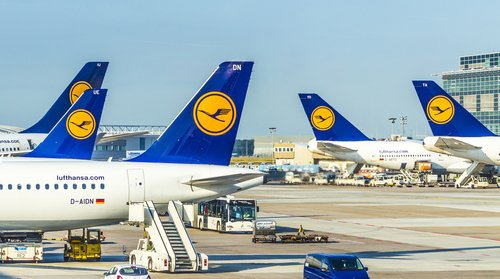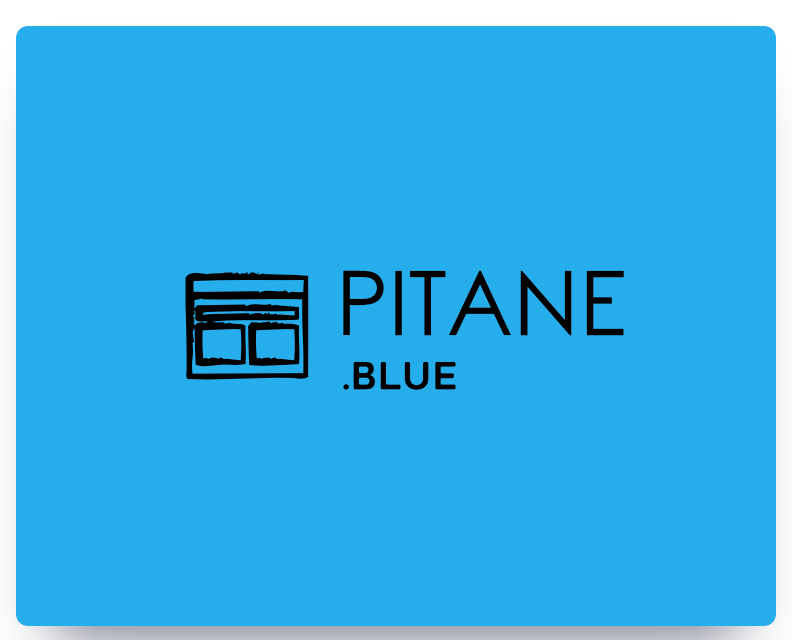Advisory Board on Nitrogen Problems presents first advice: “Emergency measures required to reduce nitrogen emissionsn ”. The Netherlands must take drastic measures as soon as possible to reduce nitrogen emissions and restore nature.
This is the conclusion of the Advisory Board on Nitrogen Problems, led by Johan Remkes today when the report was presented to Minister Carola Schouten of LNV. The way in which our country deals with the consequences of nitrogen emissions for vulnerable Natura 2000 areas is contrary to the law. The decision of the Council of State of 29 May 2019 is clear about this.
“We have to realize that not everything is possible in our country. Emergency measures are needed ”, says chairman Johan Remkes of the Advisory Board.
Due to the great social urgency, the Advisory Board calls on politicians to make quick choices, make decisions and implement them.
New permits
In July, the Advisory Board was instructed by Minister Schouten to provide advice within two months on measures that will help to get out of the impasse in the short term. At the core, according to the Advisory Council, two things must be done: nitrogen emissions must be reduced as soon as possible and faster recovery and improvement measures are needed in Natura 2000 areas.
Governments must resume licensing procedures as soon as possible, certainly in those situations where a better substantiation of the application is sufficient. The Advisory Board estimates that licensing cannot be resumed everywhere in the short term. This has led the Advisory Board to the title of this advice: Not everything is possible.
All sectors contribute
From construction to traffic and from livestock farms to industry: wherever nitrogen emissions occur, emissions must be reduced. Each sector must make a balanced contribution, taking into account costs and revenues, according to the Advisory Board. It is necessary to quickly identify which livestock farms have obsolete barn systems and emit a relatively large amount of ammonia in nitrogen-sensitive nature areas.
If this is clear, the government can carry out a targeted acquisition or remediation of agricultural businesses. Gains can also be made if innovations are allowed earlier if this leads to less nitrogen emissions. The Advisory Board also draws attention to circular agriculture.
Traffic, industry and construction
In the field of mobility, the Advisory Board advocates a reduction in speed on national and provincial roads, where this has an effect on the precipitation of nitrogen in sensitive nature areas. This can be varied per region. In the second phase of the contract, other forms of mobility will be discussed, namely freight transport, public transport, aviation and shipping.
In industry and construction, the Advisory Board expects a positive contribution from stimulating innovations. The Advisory Board recommends that the tendering conditions and licensing conditions be adjusted accordingly.
Nature restoration
To improve the conservation status of the nitrogen-sensitive Natura 2000 areas, remedial measures have been developed for all areas. The 'orientation study evaluation Natura 2000 - target system' (June 2019) shows that the implementation of these remedial measures is slower than expected and necessary.
The Advisory Board advises intensifying and accelerating nature restoration and making money available where necessary by central government and the provinces. If possible, additional measures should be programmed in the short term and an accelerated realization path should be set out.
Area-oriented
According to the Advisory Council, the government and the provinces play a key role in reducing nitrogen emissions. Provinces must take the lead and - together with municipalities, water boards and site management organizations - map out where the bottlenecks are greatest and what measures are needed. Central and provincial authorities must make new policies. The government must release extra money for this.
The Advisory Board will issue the second advice on a new approach to nitrogen problems by May 2020 at the latest.
Also read: Decrease speed to 100 km on the highway



